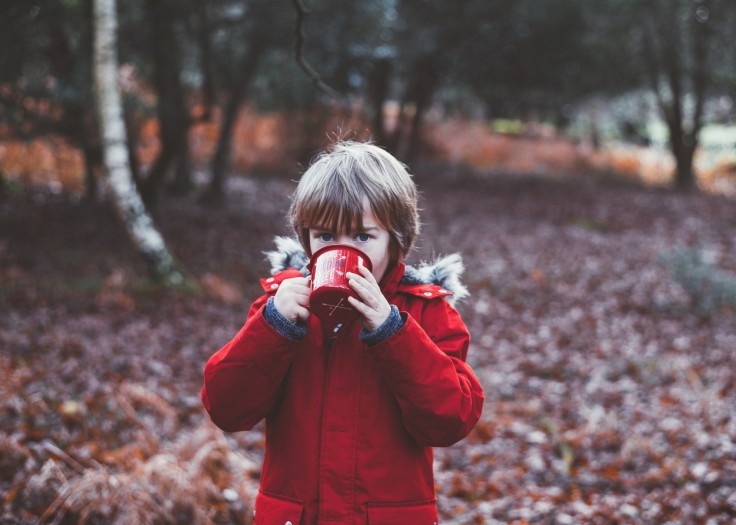
Caffeine is a drug because it stimulates the central nervous system, making people feel more alert and energetic. It has similar effects on both kids and adults.
Beverages that contain caffeine have empty calories. It also does not have the vitamins and minerals as caffeine doesn't contain the calcium children need to build strong bones and teeth and which they can get from milk.
Caffeine sensitivity is the amount of caffeine that can cause any effect on a person. It is affiliated with the daily intake of caffeine; hence, the smaller the person is, the less caffeine is needed to produce side effects. This is why kids appear to be more sensitive to caffeine than adults.
Consuming excessive caffeine can cause sleeping issues. According to Coffee Affection, 10 to 11 hours of sleep is needed for kids aged 8-12 and for adolescents, eight to nine. If caffeine is consumed near nighttime, falling and staying asleep can become difficult as caffeine stays in the body for up to six to eight hours.
Children being extra-sensitive to caffeine effects
Caffeine is a naturally occurring psychoactive substance. A 2017 report determined that those aged 13 to 18 years old have the highest number in daily coffee consumption. It showed that 37 percent of kids in the age group consumed beverages containing caffeine, increasing from 23 percent in 2014 to 31 percent in 2016.
A 2014 study entitled "Trends in Caffeine Intake Among US Children and Adolescents" found that coffee accounted for 10 percent of caffeine intake in kids ages 2 to 11 years old in 1999-2000. The sources of caffeine that children consume have changed over the years. Instead of children directly consuming caffeinated sodas, they now prefer caffeine from a daily intake of energy drinks, coffee, or even coffee-based drinks.
Although there are no federal guidelines for caffeine intake for children in the United States released by trusted sources, Health Canada suggests children consume no more than 2.4 milligrams (mg) of caffeine per kilogram (km) of body weight, per Medical News Today.
Why is coffee not good for kids?
According to Roy Kim, MD, caffeine has many potential health implications for kids. The American Academy of Pediatrics stated there's currently no proven safe dose of caffeine for children.
Consuming too much caffeine is associated with mental health issues such as stress, depression, and anxiety, as shown in the "Caffeine Consumption, and Self-Assessed Stress, Anxiety, and Depression in Secondary School Children." Dr. Kim added that sleep disturbances could reduce stress tolerance, such as handling heartbreaking news or stressful situations.
According to the guidelines of the Cleveland Clinic, teenagers are not allowed to consume more than a hundred milligrams of caffeine per day, equivalent to one cup of coffee or two cans of soda. There is also no evidence that caffeine is safe for kids 12 and under.
Seven out of 10 people in America are proven to drink a beverage that contains caffeine every week, while six out of 10 drink it regularly; thus, the average coffee drinker in the United States consumes over three cups of coffee a day, according to research.
Related Article : When Kids Drink Coffee Does It Really Stunt Their Growth?